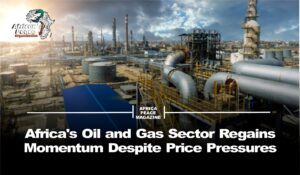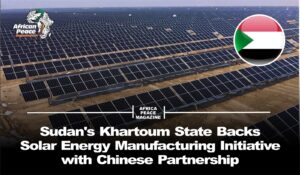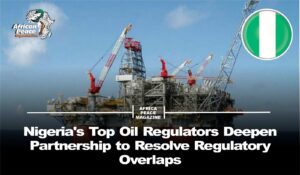Liberian Petroleum Industry Faces Complete Collapse as $300M in Investments Threatened by Government Pricing Policy
Liberia’s petroleum sector is in crisis following the release of the September 2025 petroleum pricing circular, which has sparked urgent warnings from private terminal owners about potential industry collapse and the loss of over $300 million in investments. The controversial policy has slashed storage fees from $0.35 per gallon to just $0.05 per gallon, representing a devastating 86 percent reduction that operators say will bankrupt their businesses.
Terminal owners are calling for immediate government intervention, warning that the policy not only jeopardizes their survival but risks destabilizing the nation’s entire energy security framework. The circular has paradoxically increased local fees by $0.07 per gallon while supposedly aiming to reduce pump prices for consumers, contradicting its stated purpose according to industry stakeholders.
Over the past decade, Liberian petroleum terminal owners have collectively invested over $300 million in port facilities, depots, fueling stations, and transportation infrastructure, much of it financed through international and local bank loans approved based on the government’s previous pricing formula. The removal of storage fees and financing costs from the pricing structure now places these companies in direct default risk with their creditors.
Industry leaders are particularly concerned about what they describe as a conflict of interest, with the Liberia Petroleum Refining Company serving dual roles as both market regulator and competitor. They argue that every regulatory adjustment favors LPRC’s operations while undermining private investors, creating an unfair competitive environment that could lead to a state-controlled monopoly.
Source: liberianobserver.com





